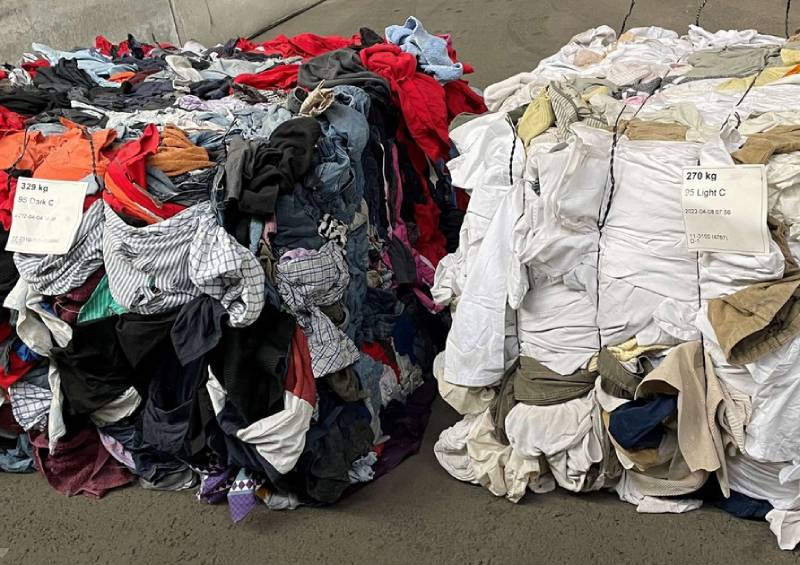EuRIC Textiles Raises Concerns Over Stricter Controls On Textile Waste Shipments

In a recent joint statement, the governments of Denmark, France and Sweden have urged the European Commission to present a draft Council Decision on a shared EU proposal. This proposal aims to subject textile waste to stricter control mechanisms under the Basel Convention, ostensibly to improve waste management practices. However, EuRIC Textiles, the textile reuse and recycling branch of the European Recycling Industries’ Confederation, has raised significant concerns about the potential repercussions. EuRIC Textiles argues that such measures could undermine sustainable textile recycling efforts and hinder the progress of the circular economy.
The proposed changes entail subjecting all textile waste to the control mechanisms of the Basel Convention, including requiring prior written notification and consent for shipments of non-hazardous textile waste. EuRIC Textiles warns that this approach could impede the progress of the textile value chain towards circularity and increase the likelihood of reusable and recyclable textiles being incinerated or landfilled.
Moreover, the recent revision of the Waste Shipment Regulation (WSR) has already introduced stricter rules for shipments to non-OECD countries, such as requiring Commission approval and audited facilities. Adding a notification procedure on top of these regulations could impose a substantial administrative burden and impede future scalability and innovation in the industry.
EuRIC Textiles argues that non-hazardous textile waste is crucial for establishing an internal market for reuse and recycling in Europe. Since not all EU member states possess the infrastructure to sort or recycle textile waste domestically, efficient transportation between collection points and sorting or recycling facilities is essential. Implementing a notification procedure would further burden Europe’s textile sorting and recycling companies, exacerbating existing challenges.
The core issue, according to EuRIC Textiles, is not the shipment of textile waste itself but rather the illicit practice of disguising textile waste as used clothing and exporting it outside the waste regime’s controls. To address this, they propose establishing detailed sorting criteria before any shipment outside Europe. These criteria, which were established by EuRIC Textiles in 2021, outline processes for collecting, preparing for reuse and recycling textiles, ensuring that only second-hand textiles are shipped outside the waste regime.
Additionally, EuRIC Textiles emphasizes the need for accurate classification of exported textiles to differentiate between textile waste and second-hand textiles. Current EU product classifications do not make this distinction, leading to inaccurate export statistics.














